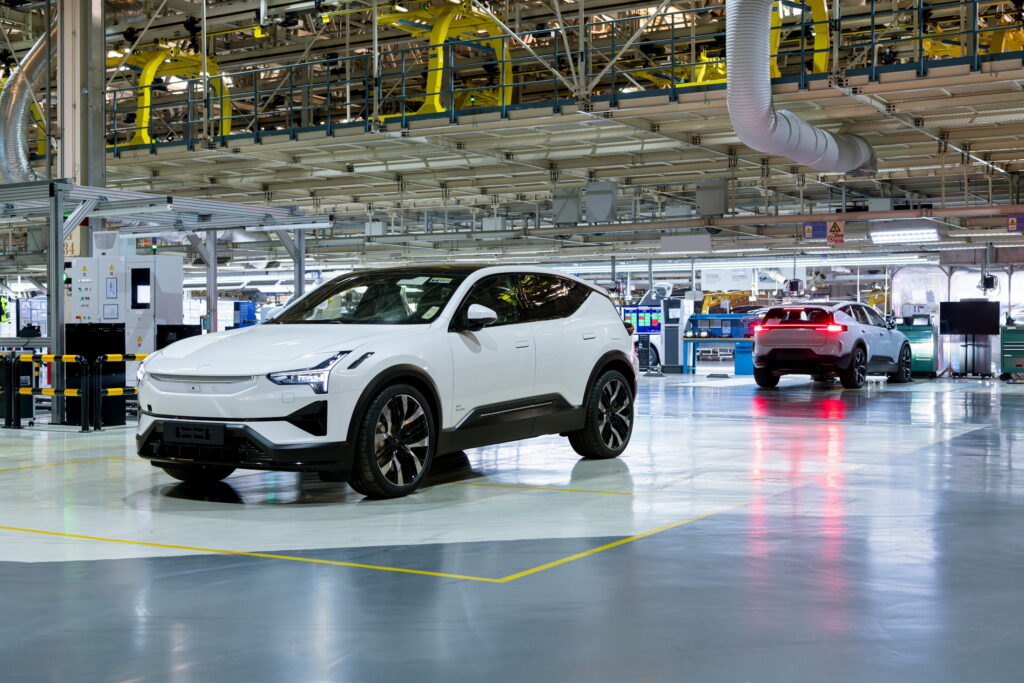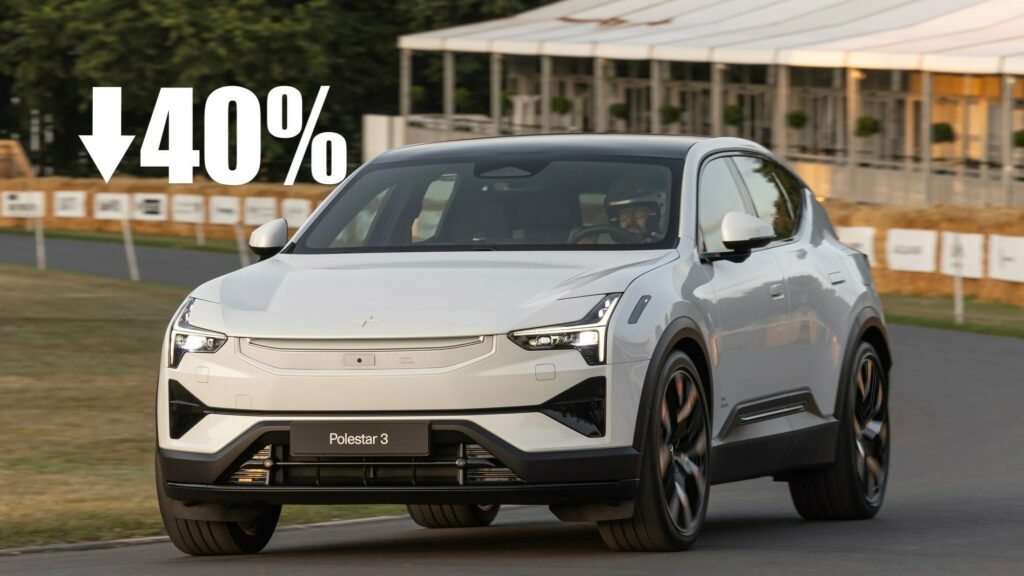- Polestar delivered 7,200 vehicles in the first quarter of 2024, 40 percent fewer than Q1 2023.
- The automaker delivered 1,200 Polestar 4s in China.
- CEO Thomas Ingenlath calls 2024 a “transitional year”.
Polestar isn’t having the best year. Following a reorganization of the company’s ownership structure that saw parent company Volvo heavily reducing its stake, Polestar released its sales results for the first quarter of 2024, and things aren’t looking good. The Swedish company delivered around 7,200 vehicles in the first three months of 2024, down a whopping 40% from 12,076 vehicles sold in the same period last year.
Read: Polestar CEO Says EV Doubters Falling Into ‘An Incredible Trap’
At that time, Polestar was selling just a single model, the Polestar 2. However, the automaker now has a two-vehicle lineup with the addition of the Polestar 4. Polestar’s latest model found 1,200 new homes in China, accounting for 16.6 percent of the brand’s Q1 deliveries.
However, the company’s CEO isn’t panicking yet. Thomas Ingenlath is calling 2024 a “transitional year” for the brand, as Polestar works to expand its lineup and its manufacturing footprint around the world.
“The very positive reviews resulting from the global media test drives of Polestar 3 and Polestar 4 show the progress that our brand is making and confirm our dynamic, global strategy,” said Ingenlath. “These two cars will provide the basis for a strong revenue and margin progression during the second half of the year, supporting our 2025 targets.”
Polestar is also making “significant progress” in growing its manufacturing footprint. Production of the Polestar 3 has started in China, with U.S. production to launch in the summer of 2024. The company plans to produce the Polestar 4 in South Korea, starting in 2025.
However, since Volvo decided to shrink its stake in Polestar in February, and to hand over more control to Geely, the automaker finds itself in a difficult position. Despite the carmaker receiving $950 million in funding from a group of banks, it is also laying off about 15 percent of its workforce, and so far this year, share prices have fallen more than 27 percent.





